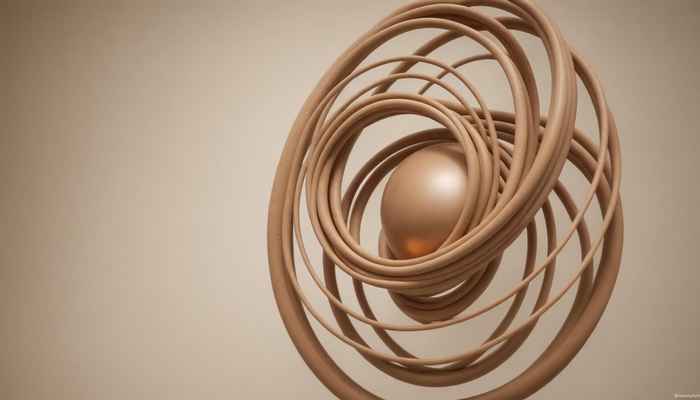Four projects funded as part of the Molecular Material Design Technology hub
9 July 2024

The so-called MMD Impulse call was set up to establish and strengthen emerging collaborations in the field of molecular and material design, combining theoretical, experimental, analytical/instrumentation and computational/AI expertise. It constitutes the first step towards a faculty-wide Molecular and Materials Design (MMD) Technology hub that aims to create a thriving community of scientists and partners (industry, government, society), executing impactful technological research in molecular and molecular design. It will function as an accelerator for research, bringing together talent, tools and data.
The current call honours nine projects with 50,000 to 150,000 euros each. The four projects proposed by HIMS researchers are:
Optimizing Porous Thin Films for Enhanced Charge Transfer in Solar Energy Conversion Applications
Dr Sonja Pullen (HIMS), in cooperation with Dr Bettina Baumgartner (HIMS) and Dr Emilia Olsson (Institute of Physics)
Solar energy could be used for H2 production and CO2 conversion, but the conversion materials currently have low efficiency. Metal-organic frameworks (MOFs) could overcome these limitations, but their synthesis strategies are often irreproducible. The project aims to develop a theoretical framework which they can use to identify optimal MOF structures and develop automated workflows for their synthesis.
Digital development of drug nanocarriers for Alzheimer’s disease
Dr Ioana Ilie (HIMS), in cooperation with Prof Joost Reek (HIMS) and Dr Carlos Fitzsimons (Swammerdam Institute for Life Sciences)
The development of medicine for Alzheimer's disease is hampered due to the blood-brain barrier. Nanocarriers can be used to get across the barrier, but understanding their properties is challenging. The goal of the project is to create a digital platform for developing drug- and RNA-loaded nanocages targeting Alzheimer's disease. To achieve this, they combine in-vivo experiments with an AI-powered feedback loop.
MAP-RoboBioConjugator: Molecular analysis platform for the robotic bioconjugation chemistry self-optimization processes
Prof. Timothy Noël, in cooperation with Dr Andrea Gargano and Dr Bob Pirok (all HIMS)
Peptide and protein-based therapeutics have revolutionized the way we combat diseases. Their activity can be improved using flow chemistry and robotic solutions. However, current analysis methods often take hours per sample with manual data reporting. This project aims to develop a robotic platform to speed up this fine-tuning process to facilitate the discovery of novel therapies.
Geometric deep learning for late-stage drug discovery
Dr Bernd Ensing (HIMS), in cooperation with Dr Tati Fernández Ibáñez (HIMS), and Prof Jaap van Buul (Swammerdam Institute for Life Sciences)
Endothelial cell dysfunction is a key factor in cardiovascular diseases, but there are currently no specific medications approved for treatment. An efficient but also challenging approach to optimize drug candidates is to improve their properties by changing chemical groups. The aim of this project is to further develop the latest geometric learning technologies, which can help to predict possibilities to improve properties of drugs.